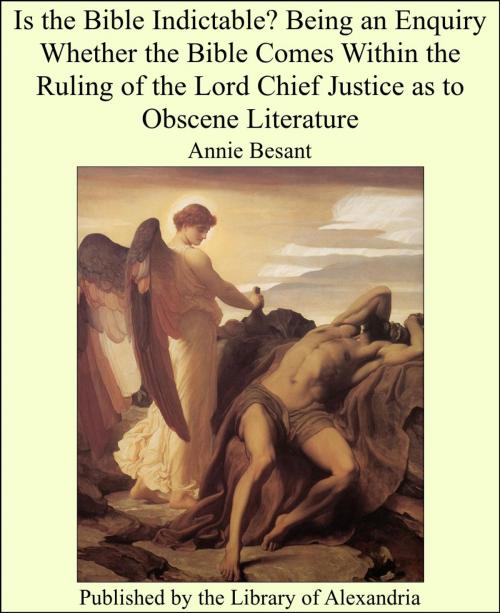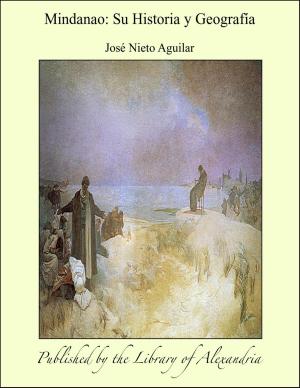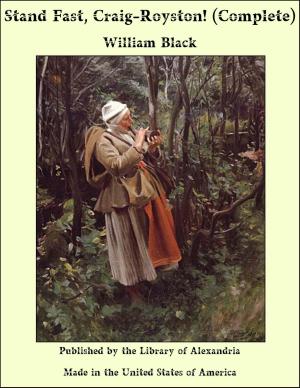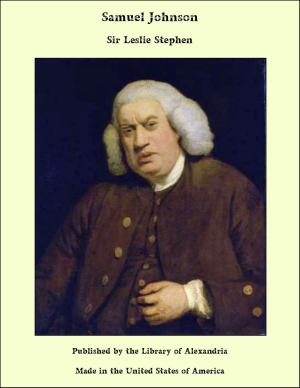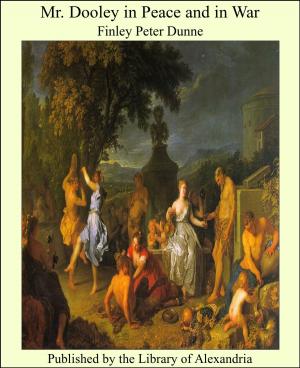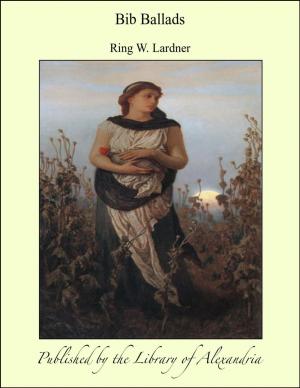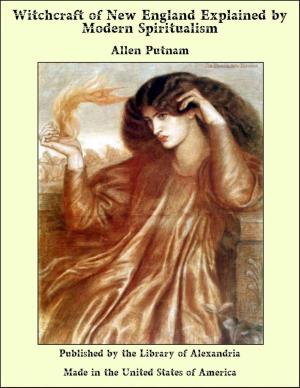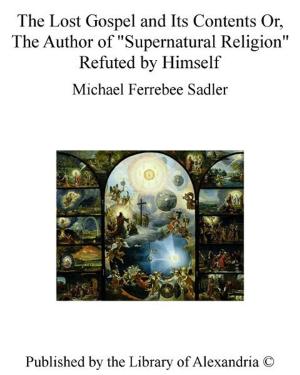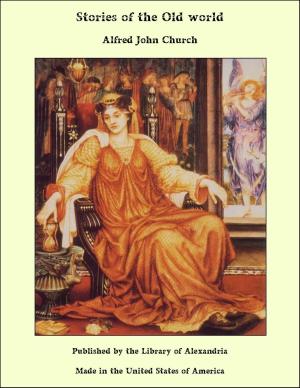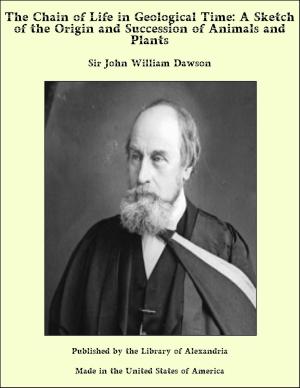Is the Bible Indictable? Being an Enquiry Whether the Bible Comes Within the Ruling of the Lord Chief Justice as to Obscene Literature
Nonfiction, Religion & Spirituality, New Age, History, Fiction & Literature| Author: | Annie Besant | ISBN: | 9781465508713 |
| Publisher: | Library of Alexandria | Publication: | March 8, 2015 |
| Imprint: | Language: | English |
| Author: | Annie Besant |
| ISBN: | 9781465508713 |
| Publisher: | Library of Alexandria |
| Publication: | March 8, 2015 |
| Imprint: | |
| Language: | English |
The ruling of Sir Alexander Cockburn in the late trial, the Queen against Bradlaugh and Besant, seems to involve wider issues than the Lord Chief Justice intended, or than the legal ally of Nature and Providence can desire. The question of motive is entirely set on one side; the purest motives are valueless if the information conveyed is such as is capable of being turned to bad purposes by the evil-minded and the corrupt. This view of the law would not be enforced against expensive medical works; provided that the price set on a book be such as shall keep it out of reach of the “common people,” its teaching may be thoroughly immoral but it is not obscene. Dr. Fleetwood Churchill, for instance, is not committing an indictable offence by giving directions as to the simplest and easiest way of procuring abortion; he is not committing a misdemeanour, although he points out means which any woman could obtain and use for herself; he does not place himself within reach of the law, although he recommends the practice of abortion in all cases where previous experience proves that the birth of a living child is impossible. A check to population which destroys life is thus passed over as legal, perhaps because the destruction of life is the check so largely employed by Nature and Providence, and would thus ensure the approval of the Solicitor-General. But the real reason why Dr. Churchill is left unmolested and Dr. Knowlton is assailed, lies in the difference of the price at which the two are severally published.
The ruling of Sir Alexander Cockburn in the late trial, the Queen against Bradlaugh and Besant, seems to involve wider issues than the Lord Chief Justice intended, or than the legal ally of Nature and Providence can desire. The question of motive is entirely set on one side; the purest motives are valueless if the information conveyed is such as is capable of being turned to bad purposes by the evil-minded and the corrupt. This view of the law would not be enforced against expensive medical works; provided that the price set on a book be such as shall keep it out of reach of the “common people,” its teaching may be thoroughly immoral but it is not obscene. Dr. Fleetwood Churchill, for instance, is not committing an indictable offence by giving directions as to the simplest and easiest way of procuring abortion; he is not committing a misdemeanour, although he points out means which any woman could obtain and use for herself; he does not place himself within reach of the law, although he recommends the practice of abortion in all cases where previous experience proves that the birth of a living child is impossible. A check to population which destroys life is thus passed over as legal, perhaps because the destruction of life is the check so largely employed by Nature and Providence, and would thus ensure the approval of the Solicitor-General. But the real reason why Dr. Churchill is left unmolested and Dr. Knowlton is assailed, lies in the difference of the price at which the two are severally published.
